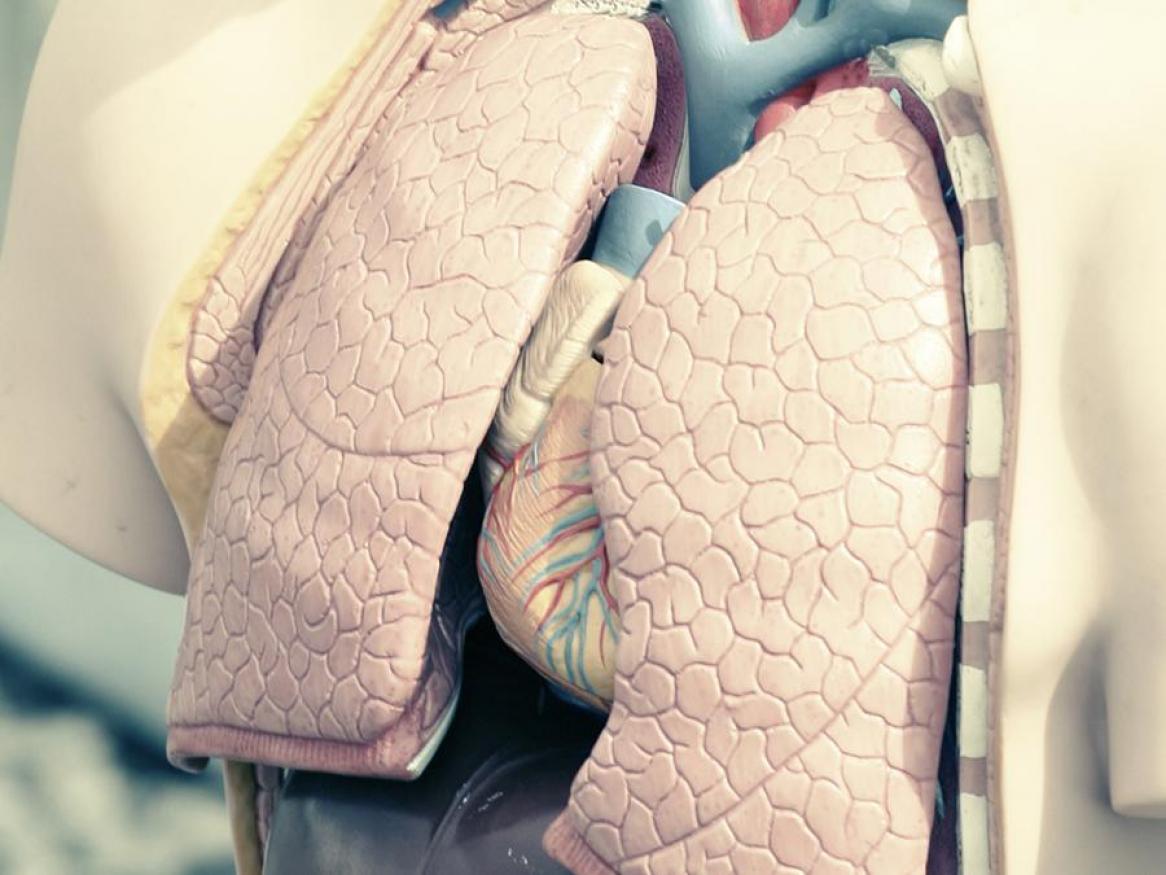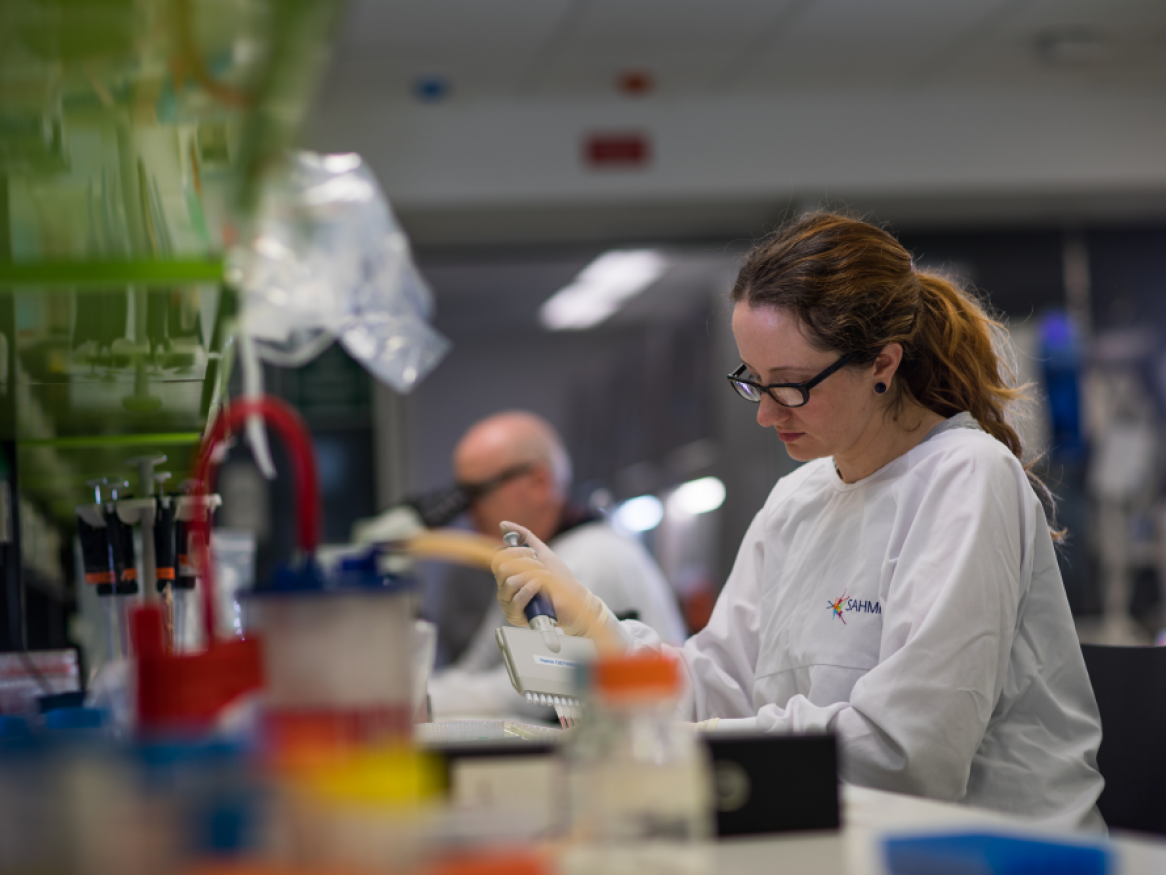Exercise & Integrative Physiology Lab
The Exercise & Integrative Physiology Lab at the Centre for Heart Rhythm Disorders is an internationally recognised research group with a focus on the interaction between exercise, arrhythmias and heart failure. Our group has been at the forefront of trials that define the role of exercise intervention in patients with cardiac arrhythmias.
The Exercise & Integrative Physiology lab at the Centre for Heart Rhythm Disorders is led by Dr Adrian Elliott, a widely recognised leader in this field. Dr Elliott’s team studies the interaction between exercise and the electrical, structural and haemodynamic features of the heart in a broad range of individuals including those with atrial fibrillation, heart failure and endurance athletes.
Dr Elliott’s team has led studies that define the role of physical inactivity as a risk factor for cardiac arrhythmias and demonstrate the clinical benefit of exercise intervention for the management of symptomatic arrhythmias. Our ongoing work focuses on the complex interaction between arrhythmias and other conditions, such as heart failure with preserved ejection fraction (HFpEF). In addition, Dr Elliott collaborates nationally and internationally on trials that define the prevalence and mechanisms of arrhythmias alongst elite endurance athletes (www.proatheart.be).
Dr Elliott’s team includes multiple PhD students, postdoctoral researchers and clinical trial coordinators, uniquely positioned within a world-class arrhythmia research group supported by a strong research infrastructure that enables novel, clinically-relevant research to improve the outcomes of individuals with, or at risk of, cardiovascular disease.
The Exercise & Integrative Physiology Lab is supported through funding from the Heart Foundation and The Hospital Research Foundation.
For further information on this program please see: Dr Elliott’s researcher profile.
Interested in a postgraduate research degree?
We offer exciting opportunities for researchers at the honours, masters and PhD levels. Our research degrees are open to students from a broad range of backgrounds, and range from basic sciences to clinical research. If you are interested in human health, consider furthering your research career with us.


